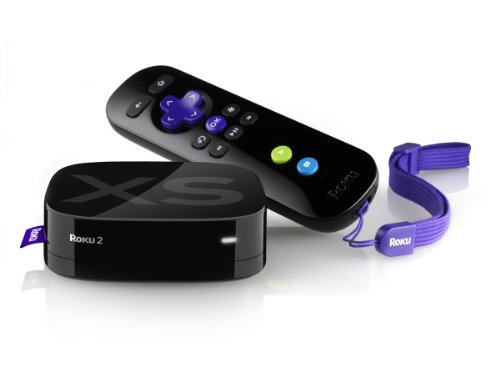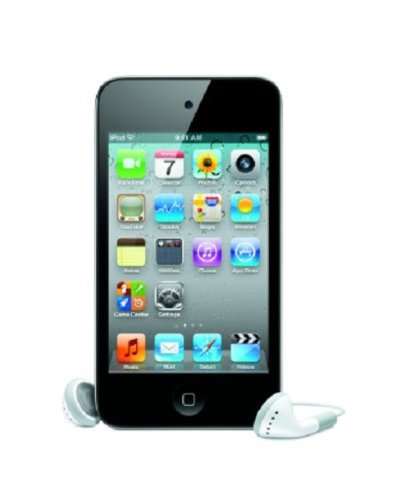We all love our precious dogs. We have to stand by our dogs and love them through every thing that they do or go through No Matter What. Sometimes our precious dogs have an annoying behavior problem that drives us crazy or causes harm to our property or belongings. Dog Chewing is very high on the list for annoyances. It is normal for your dog to need to and want to "Chew" to some extent. But, what do you do if your dog chews every single thing in sight? This matter needs to be handled with the right training method and positive reinforcement.
Did you know that most dogs find chewing "enjoyable and pleasurable"? Some dogs even use chewing like babies use pacifiers. Some dogs do not even have a desire for chewing any thing. Just like some babies have no desire to use a pacifier. Now, some dogs that like to chew stick to appropriate chew items. These items are more then likely chewable doggie items that you provide for your dog. Many dogs stick to just those items for chewing and everything is hunky-dory.
Then, there are those doggies who do not stick to the chewable items that you provide them. It even seems as though...they choose anything but, what you provide for them. This type of dog chewer can become very destructive. Destructive Chewing is very hard for the dog owner to deal with. It can be frustrating, inconceivable, and push the owner to wits end. With this type of chewing...All chewing becomes destructive. This form of chewing is also, inappropriate chewing: the kind of chewing that's focused on Your own possessions and household items, instead of on your dog's own designated toys and chews. One common fact is that there is usually a reason or reasons behind this chewing. Now what could these reasons be?
The Three Main Reasons why Dogs Chew:
Natural Desire: As I mentioned before. Chewing is natural for some dogs. It's fun, it passes the time, and it's a self-rewarding, self-reinforcing activity (for example, if the dog is chewing on something that tastes good.)
Pure Boredom/Anxiousness: Some dogs get extremely bored easily. Some dogs even become anxious. This especially happens when their owner is away for long periods of time or their owner becomes to busy for them. Dogs get very lonely. At this point, chewing is the outlet for their emotions. Remember, Chewing at this point, is their Pacifier. To an anxious dog, the repetitive act of chewing is soothing - it's the doggie equivalent of comfort food. Also, with anxious dogs, this is sometimes developed into "Separation Anxiety".
Under Exercised: Some dogs have lots of energy and require exercise by walking, playing in the back yard, ball fetching, Frisbee fetching, or other forms of high activity to release their energy. If they do not receive the type of exercise that they need then, they will often use chewing as a way of burning up nervous energy and giving themselves something to do.
How to Stop Destructive Chewing
Your dog can and will learn to stop chewing things that are not appropriate. It really depends on YOU. It is so important to be consistent and to use The Positive Reinforcement Method. Stay tuned to this website as we will explore The Positive Reinforcement Method in more detail with in many posts.
1. Dog-Proof Your Home: It is time for You to take control of the situation. You need to manage your personal possessions. Know where your personal possessions are. Make sure you put them in a safe place where you know doggie can not get to them. What ever you do not want in your dog's mouth needs to be Unavailable. Consider where you put these Un-appropriate items. Can your dog get to them by jumping, climbing, or leaping to something else to get to the possessions?
Some common possessions or Not Appropriate Chew items that should be put up are:
Books, eye wear, clothing, shoes, garbage, kid's toys, crayons, pencils, and small crunchy appliances like cameras, cell phones, and remote controls. All food needs to be put securely away. Be sure to not leave snacks on low tables or counter tops. You can be sure that your precious Big or Little dog will find a way to get to them. Even rinse you dishes if you are unable to wash them at that moment. Dogs have a keen smell.
2. Prevent your dog from doing any sort of Not Appropriate Chewing: Do this right from the start. Do not give in to them chewing any inappropriate item. If you let them do this at any point, they will enjoy it and continue trying. It will also be harder to train them later. Preventing Bad Chewing early will make things a lot easier for doggie to understand what you expect of him/her. It may be necessary to Confine doggie in a dog proof area until you are confident that your doggie understands the house rules you have set. Be consistent and repetitive. Say "bad Chew" and then immediately give and say "good Chew". Do this all the time when your dog picks up a "bad chew" object. Read more correction methods in #6.
3. Do not set your dog up for Failure: What I mean is, be careful what you offer them for "ok chew". They can become very confused with "ok chew items" and "bad chew items" if you offer items that even resemble the "bad chew". Make since? Don't offer your dog old Not Appropriate objects like: socks, slippers, or items that they were once not allowed to chew. That is so confusing for a dog. It is impossible to expect doggie to be able to tell the difference between your current shoes and the one he/she's got in her mouth that you gave her five minutes ago.
4. Always provide plenty of "ok chew" items: Make these "ok chew" items very accessible. It is important to provide doggie with a variety of attractive and appropriate chewing objects. Take a trip to the dog section at your local pet center. You have to remember that Most Dogs Need to Chew. What chew items will you get for your dog?
Ideas for your Toy and Chew Shopping Spree:
Squeaky toys that are durable and do not tear easily, Stuffed pets that are durable for dog chew, and very safe bones and dental bones. One of the best bones is sold in pet stores like PetSmart. They are actual bones with flavor or smell good and tasty stuffing in the center of the bone. Dogs love them. If you can find a durable one, it will last them all day. Be careful with what you pick. Rawhide and other chews can cause intestinal problems with you doggie. Also be careful with stuffed toys that have eyeballs, noses, and stuffing that can come out and get swallowed by your dog.
Rotating the available toys and chews every few days will keep things novel and interesting for him/her. Just make sure that toys and chews are Always available.
5. Spend Quality time with Active Supervision: Don't keep your dog penned up in the doggie proofed area such as a crate or run to long. It gets horrible and boring for them. They can not Be the Best that They Can Be penned up all the time. They long for their companion, their pack, their family. They long for attention. It is important to remember "why you wanted your dog in the first place". Hopefully, the reason was not to keep him/her penned up and confined all the time. Your dog learns from You! Your dog will not and can not learn what you want him/her to learn if they are confined to a dog-proof-zone all the time. Every dog needs the opportunity to explore the boundaries of your expectations, so he/she can understand what's appropriate and what's not.
6. "Bad Chew" Corrections: Earlier we spoke of being consistent and repetitive. This must be pursued for success. When you catch your dog in the act of "bad chew", immediately, interrupt by making some sort of loud noise and say firmly. "no chew" or "bad chew". Pick your phrase and stick with it. Be consistent with your very short phrase or word. The loud noise can be: a clap of your hands, one quick shake of a soda can with rocks inside, or make an "Ah-ah-aaaah!" noise. Then, immediately, hand doggie a tasty and dog-appropriate alternative. Wait until your dogs jaws are around the "ok chew" object then, praise lavishly. There is no better way to get your dog to understand that chewing "his/her" toys equals praise from you, but everything else equals trouble.
Experience training shows that a Squirt Bottle marked water, works really well for training. Just one quick stream spray to the dog gets his/her attention fast. Don't squirt in the face or eye area... that is way too harsh.
This can be done with a positive and productive attitude.
Using Positive Reinforcement Will Always Bring Positive Results.
Remember to be realistic. Things and mistakes will happen at times. Something very important to you might even get chewed and destroyed. But, you got this precious dog for your companion. You have to remember that you are not perfect either. You are still loved through your mishaps, and you can continue to love, support, and rear your dog the way he/she needs to be raised. In the beginning of getting to know each other, your doggie is still learning the ropes. He/she has to learn what your rules and expectations are. Be patient yet consistent and your expectations will be filled.














